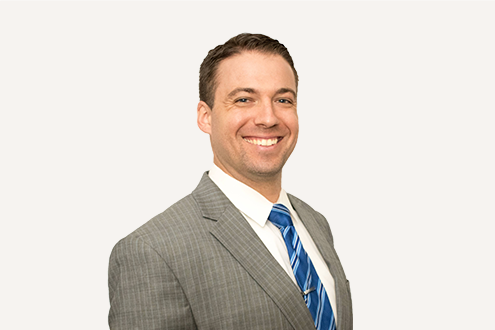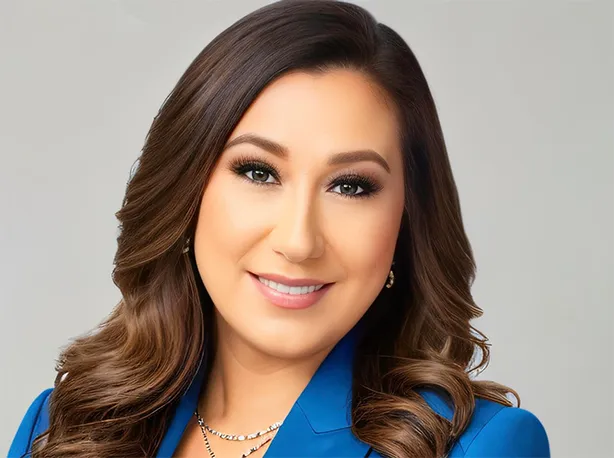If you’re considering buying a home, you’re probably aware of the “earnest money” deposit, also commonly referred to as a “good faith” deposit. But, if you’re like most, you could use a primer on the specifics that define this important element of the transaction. Here, a brush-up on the basics.
What is an Earnest Money Deposit?
An earnest money deposit in a real estate purchase is deposit made to the seller showing your good faith in the transaction. That’s why it’s also called a “good faith” deposit. It is made once you’ve put in an offer, before you’ve entered escrow. It tells the seller you’re a committed buyer and if you do buy the house, the earnest money will be lumped together and go toward your down payment and closing costs during escrow.
If the deal falls through, there is a chance you may not be able to reclaim your deposit. Read up on these 3 important points to find out more.
1. Sooner is better
An earnest money deposit is traditionally made immediately after an offer on a home has been mutually accepted. Putting forth the deposit within a maximum of three days is a generally accepted best practice, and acts as an important first milestone to solidify the deal.
2. The money will be held by a neutral third party
An earnest money deposit is not paid directly to the property’s sellers—instead, it’s held by an escrow firm. To make things clear, this means that nobody “gets” the money until the deal is officially done.
If the deal falls through, you’ll get your money back free of penalty, so long as a failed contingency is to blame. If you back out of the sale for reasons not covered by a contingency, however, the money will go to the seller.
3. Plan for 1-3%
It’s customary for potential buyers to make an earnest money deposit that’s between one and three percent of the home’s purchase price. In a competitive marketplace, some buyers may opt to up the amount of the deposit in order to make their bid seem more serious.
As for determining what your earnest money deposit should consist of, and how to protect it, it’s best to get advice on a case-by-case basis from an experienced real estate professional at First Team. Find a First Team agent near you or contact us and we’ll find a top agent in your area.




.jpg)
.jpg)



